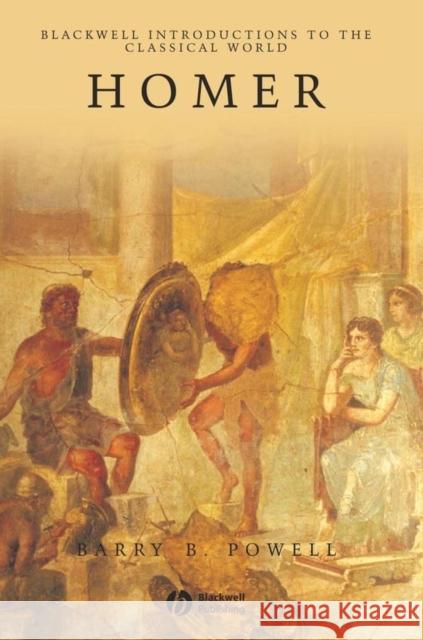Homer » książka
topmenu
Homer
ISBN-13: 9780631233862 / Angielski / Miękka / 2003 / 196 str.
This concise book is an ideal introduction to Homer - the poet and his two great epics, the Iliad and the Odyssey.
- Student-friendly introduction to Homer.
- Provides historical background and literary readings of the Iliad and the Odyssey.
- Makes use of the author's own original research.
- Assumes no prior knowledge of Greek.











